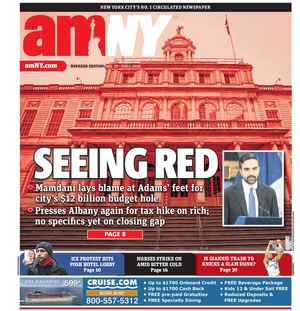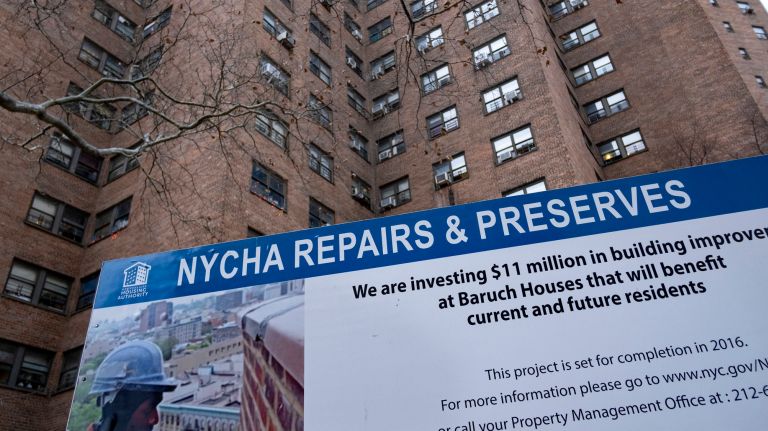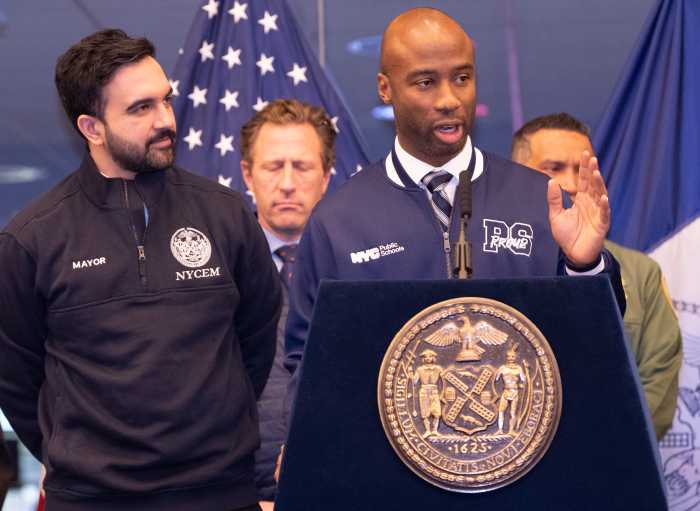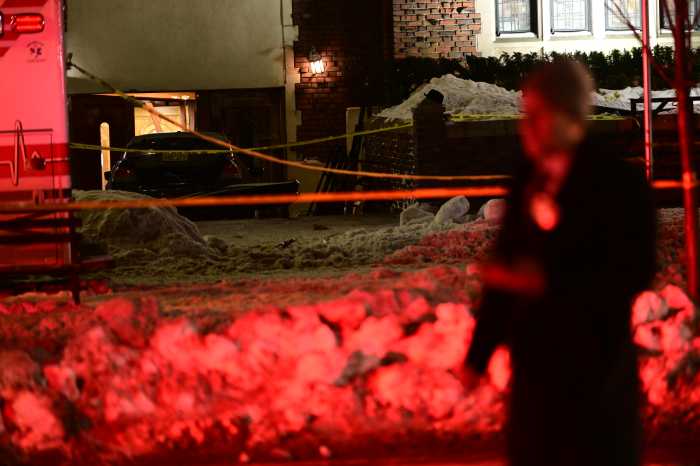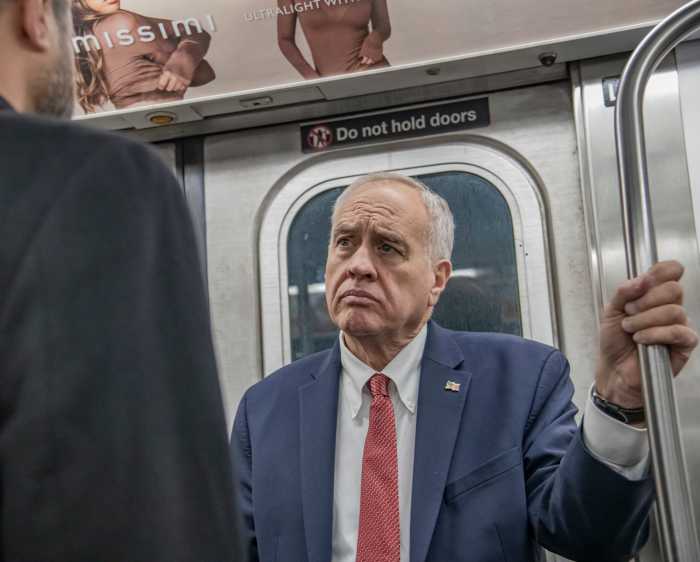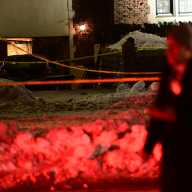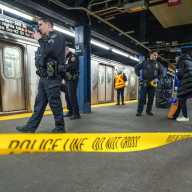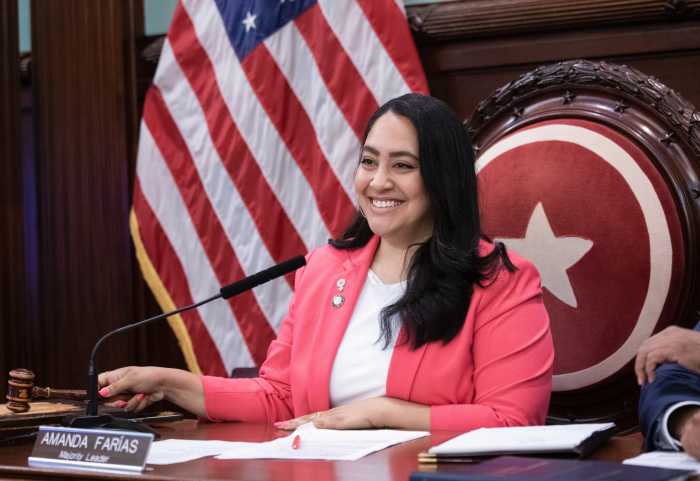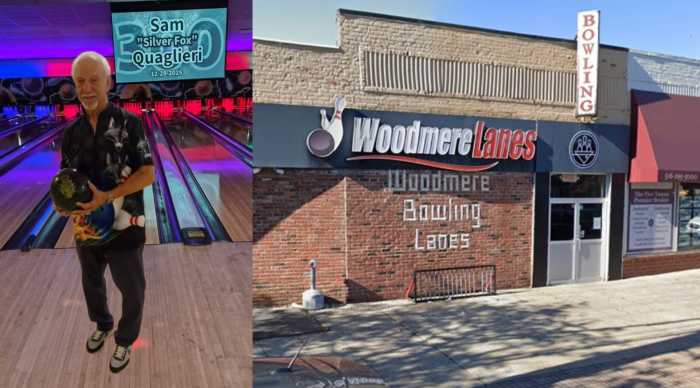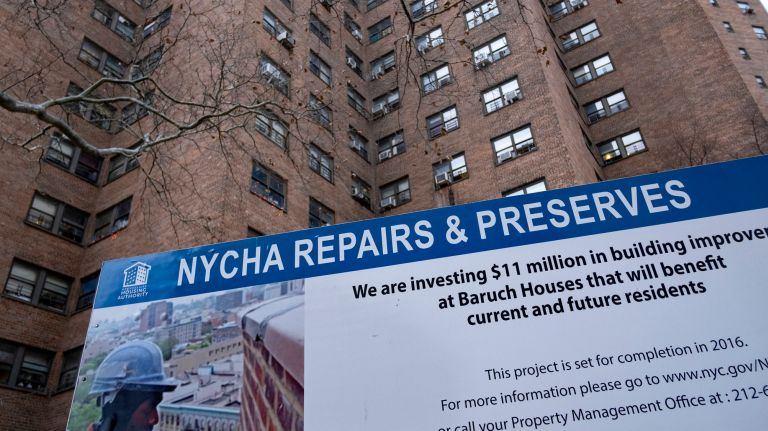
As the city works toward improving the living conditions at New York City Housing Authority buildings, one nonprofit has some advice for its new federal monitor.
The Citizens Budget Commission, a nonpartisan organization that aims to improve city and state services, released six guidelines Friday that it said would set NYCHA and its monitor Bart Schwartz on the right path.
“The appointment of a federal monitor is an opportunity to improve NYCHA’s operations and address the poor physical conditions of its developments,” the CBC said Friday. “With a clear set of priorities and a focus on accountability, productivity, and efficiency, the monitor can be positive force for change.”
Schwartz, a former top prosecutor in the office of the U.S. attorney for the Southern District of New York, was tapped for the new position by federal prosecutors and U.S. Department of Housing and Urban Development officials under a lawsuit settlement between the city and the federal government. The housing authority had been accused of misleading the public and federal government with regard to its lead testing and abatement efforts as well as other unsafe living conditions such as mold, heating issues and broken elevators.
Under the agreement, the federal monitor was given the ability to approve NYCHA’s action plans and issue quarterly reports detailing the authority’s compliance with the settlement, among other powers. HUD, meanwhile, will continue to help fund NYCHA, which is receiving about $1.5 billion from the agency this year.
The CBC suggested the following guidelines:
- NYCHA’s goals should be ambitious but realistic, with a system in place that gauges progress and ensures accountability.
- Since the agreement has no added federal funding, Schwartz should advocate for changing HUD policies to increase NYCHA’s funding levels.
- Pressure Gov. Andrew M. Cuomo’s administration to release long-held and much-needed funding for NYCHA capital repairs. While the state has set aside $450 million in each of its last two budgets, none of that has been released, per the CBC.
- Use NYCHA 2.0, a renovation strategy put forth by the de Blasio administration in 2018, as a launching point so that consulting work required under the agreement can focus on ideas that haven’t already been explored.
- Urge the city to fully fund and implement its NYCHA 2.0 strategy.
- Modernize NYCHA’s operations by reviewing and updating labor contracts in a way that greatly improves workforce productivity, starting with negotiating for regular work shifts on evenings and weekends.
